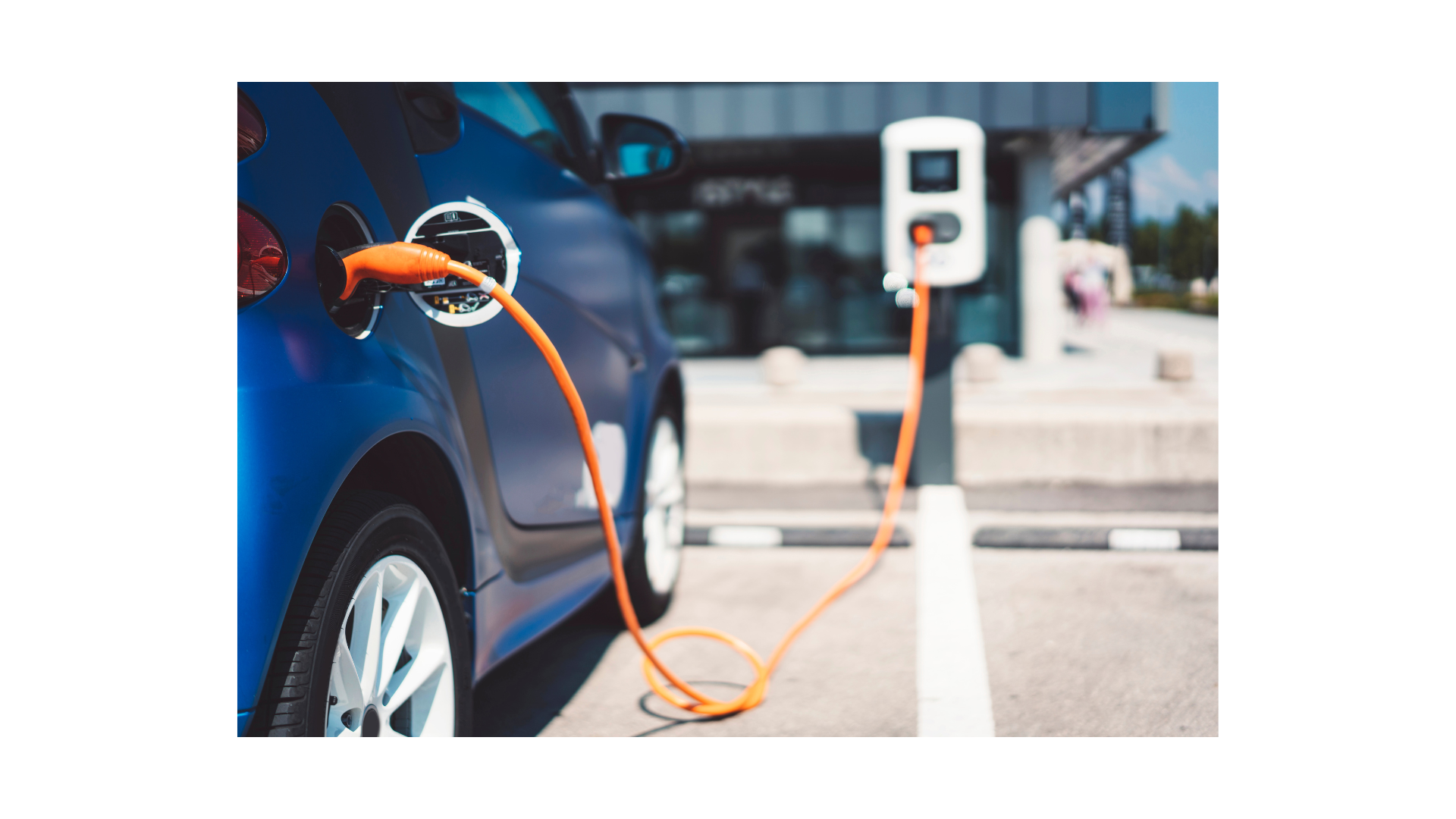– What is the link between electromobility and socio-environmental well-being (ESG)?
Electromobility is one of the main alternatives for achieving the UN’s Sustainable Development Goals – to which Brazil and the world are committed – especially those No. 7 (Clean and affordable energy) and 13 (Action against global climate change). This is because the consumption of fossil fuels is one of the main factors in the emission of greenhouse gases, which cause global warming and climate imbalance.
The use of electric vehicles contributes to reducing the emission of polluting gases and controlling the temperature of the Globe. Therefore, it is considered of paramount importance for socio-environmental well-being.
– What are the biggest challenges for electromobility to gain strength in Brazil?
Despite the gradual improvement over the years, clean energy is still not fully accessible to the population, due to the high cost of acquiring it and the lack of adequate infrastructure for production and consumption chains.
– How could a regulatory framework encourage the modal?
The country today lacks a policy of tax incentives and a comprehensive and systematized planning.
In recent years, several Bills on the subject have been presented, such as No. 6.020/2019, recently approved by the Science and Technology Commission (CTT), which creates a tax incentive policy for electric mobility development research in Brazil, changing the initial scope of the Rota 2030 program – Mobility and Logistics.
Despite this, the Brazilian legal system still needs more comprehensive legislation, which establishes guidelines and deadlines for infrastructure development and which relieves production and consumption. Therefore, the creation of a regulatory framework is essential.
– How does advocacy fit into this debate?
Advocacy has a duty to encourage debate and bring to light the benefits of electromobility, linked to the aspirations of the classes involved, thus ensuring the creation of an adequate set of rules for the regulation of the sector.
This would ensure, in addition to the popularization of electric transport, the full economic development of the country, which is essential for socio-environmental well-being.
Available at: https://blog.vazdealmeida.com/wp-content/uploads/2022/08/VAZ-DE-ALMEIDA-ADVOGADOS.-Boletim-AASP-n.-3153.pdf
Autor: Yuri Arraes Fonseca de Sá • email: yuri.sa@ernestoborges.com.br • Tel.: +55 67 3389 0123+55 67 99271 2013

